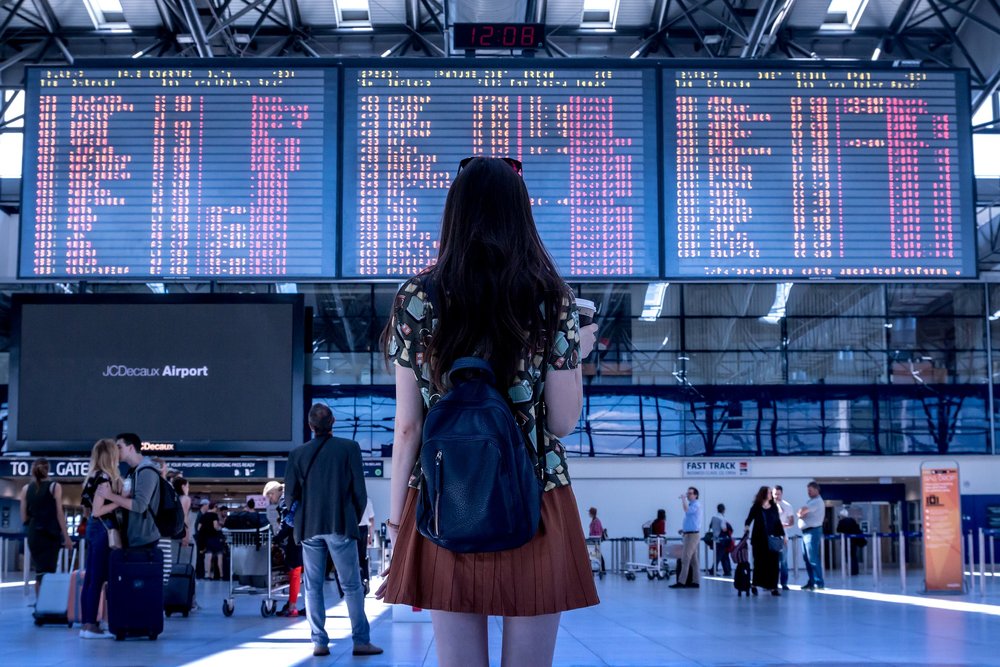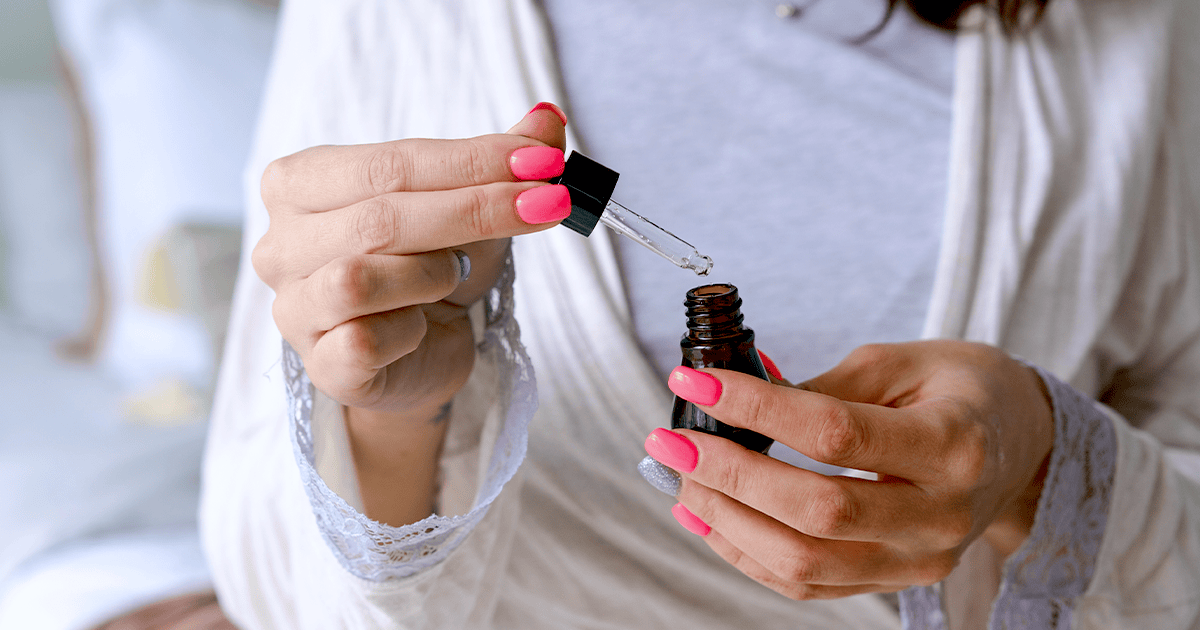Discover the secret to conquering the post-vacation slump and unlocking a world of rejuvenation! In a world where 93% of individuals openly confess that their mental and emotional well-being skyrockets during a delightful getaway, it’s no wonder that a wave of melancholy often washes over us upon our return.
As we embark upon the peak travel season, bidding adieu to idyllic escapes and reintegrating ourselves into the humdrum of daily life becomes a formidable task.
However, fear not! Allow us to unveil the enigmatic causes of these holiday blues and equip you with five invaluable strategies to vanquish them with unprecedented efficacy.
Prepare to be enlightened Dr Daniel Glazer, Psychologist and Co-founder of UK Therapy Rooms, unravels the intricate science behind this disheartening phenomenon.
Brace yourself for a journey of self-discovery as he sheds light on the underlying meaning of these post-vacation blues.
Are the post-holiday blues real?
According to Dr Daniel Glazer “The holiday blues isn’t a scientific or medical term or diagnosis but certainly many people experience low mood and anxiety when returning from holiday or during a holiday season.”
This is confirmed by surveys which show that many people do in fact feel down after taking a holiday – with 57% of us experiencing “post-holiday blues”.
Dr Daniel Glazer explains how holiday blues can present as “feelings of sadness and low mood around the end of a holiday” but it’s also possible for these to “present as anxiety and irritability around returning to day-to-day life. This can impact sleep, appetite, motivation and energy levels.”
Why we get the post-holiday blues
Glazer doesn’t believe there is “one why”, there is likely to be a number of factors.
Firstly, heading abroad can create opportunities for us to release ourselves from the stress of everyday life, routine and day-to-day issues. When we return to this, it can be “a sign that something in life needs attending to”
Secondly, it can be a connection to “more existential anxieties” as the start and end of something often holds emotional tension.
“At the beginning of a holiday, we are full of anticipation and by the end, it often feels that time has gone too quickly. A holiday puts us in touch with a reality that everything ends and it can be hard to return to everyday life with that sense of time passing at the forefront of our minds.”
5 ways to beat the holiday blues
Dr Daniel Glazer explains that “If the holiday blues shows itself more as anxiety and irritability then it can be helpful to use your usual strategies to manage difficult feelings such as exercise, meditation, doing something creative or being in nature”
With this in mind, UK Therapy Rooms has outlined 5 ideas for activities which can help beat the holiday blues:
- Log your memories
One of the most rewarding elements of a holiday is the memories we bring back with us. Travelling can offer both life-changing experiences, and even just simple moments of bliss.
Scrapbooking, journaling or creating a photo album is a great way to reflect and reminisce on these moments. In fact, crafts like scrapbooking and journaling can provide cognitive benefits, improving memory and providing a form of stress relief.
If you’re not into crafts, another option is simply uploading your memories to social media. This will allow you to show gratitude for your experiences, while also acting as a form of self-expression and relationship-building.
However, it’s well worth noting that balance is important here, and time online, especially using social media, should be limited both in length and to content that fulfils you.
- Bring your experiences home with you
Travelling is a great opportunity to explore new experiences from hobbies, to learning a language or tasting new foods – but we often forget about these as soon as we step foot off the plane. But there can be enormous mental health benefits to learning new things.
Learning a new skill helps to boost confidence, and gives a sense of purpose and studies have found people engaged in learning report feeling better about themselves and have a greater ability to cope with stress.
Bringing home some of your newfound skills, hobbies or experiences can also help you to look back fondly on your time away. Consider continuing to learn the local language of the place you visited, learning to cook your favourite dish from your time away or continuing with any hobbies you may have tried such as water sports or crafts.
- Spend time with loved ones
For some people, heading away abroad is a perfect opportunity to meet new people and build connections with others. Humans are social animals, used to being part of groups and so time spent with others can be key to our wellbeing.
In fact, it’s been reported that direct person-to-person contact triggers parts of our nervous system that release a “cocktail” of neurotransmitters tasked with regulating our response to stress and anxiety.
If you’ve come back from a holiday and find yourself feeling lonely or isolated on your return, make sure to plan in time with friends and family. It’s also a great opportunity to share your experiences and show gratitude for your time away.
- Avoid unhealthy habits
When we go away, we often change our habits entirely, and not always for the better. Many people stay up late, drink more and abandon routine.
When you return, it’s important to be mindful about how much you are drinking, especially if you’re experiencing low mood, given that alcohol is a depressant. Consider swapping to mocktails and finding low, or no-alcohol drinks that you genuinely enjoy to ensure you form a healthy habit.
Alongside this, when we’re in holiday mode, plenty of us also stay up later than normal and go without as much sleep. But on our return, it can be difficult to return to our normal routine. This can be exasperated if you’re also experiencing jet lag.
However, sleep is essential for our wellbeing with one study finding inadequate sleep was associated with significantly increased odds of frequent mental distress. Therefore, try to return to routine as soon as possible and make use of pre-bedtime relaxation techniques to ensure you can drift off easier.
- Get outside and exercise
One extremely positive benefit of our time away is the time we spend outdoors and within nature. There’s an enormous list of benefits to spending time in nature: it can lower blood pressure and stress hormone levels, reduce nervous system arousal, enhance immune system function, increase self-esteem, reduce anxiety, and improve mood.
And the great news is that we only need 2 hours a week spent in nature, and this can be either as one chunk or spread out – the benefits remain the same according to studies.
Therefore, on your return make sure you head outside to experience some natural light, nature and fresh air. This can be anything from walking and gardening to more active exercise like cycling or running.
How to know when it’s something more serious
While the holiday blues isn’t uncommon, it’s always best to be mindful if your symptoms could be a sign of something more serious.
Dr Daniel Glazer notes “If these feelings interfere with functioning such as they impact significantly on sleep, appetite, work, relationships then that would be a time to seek help.”





